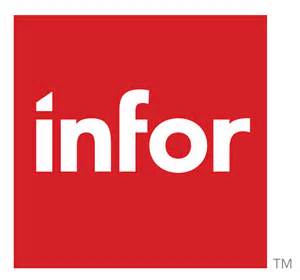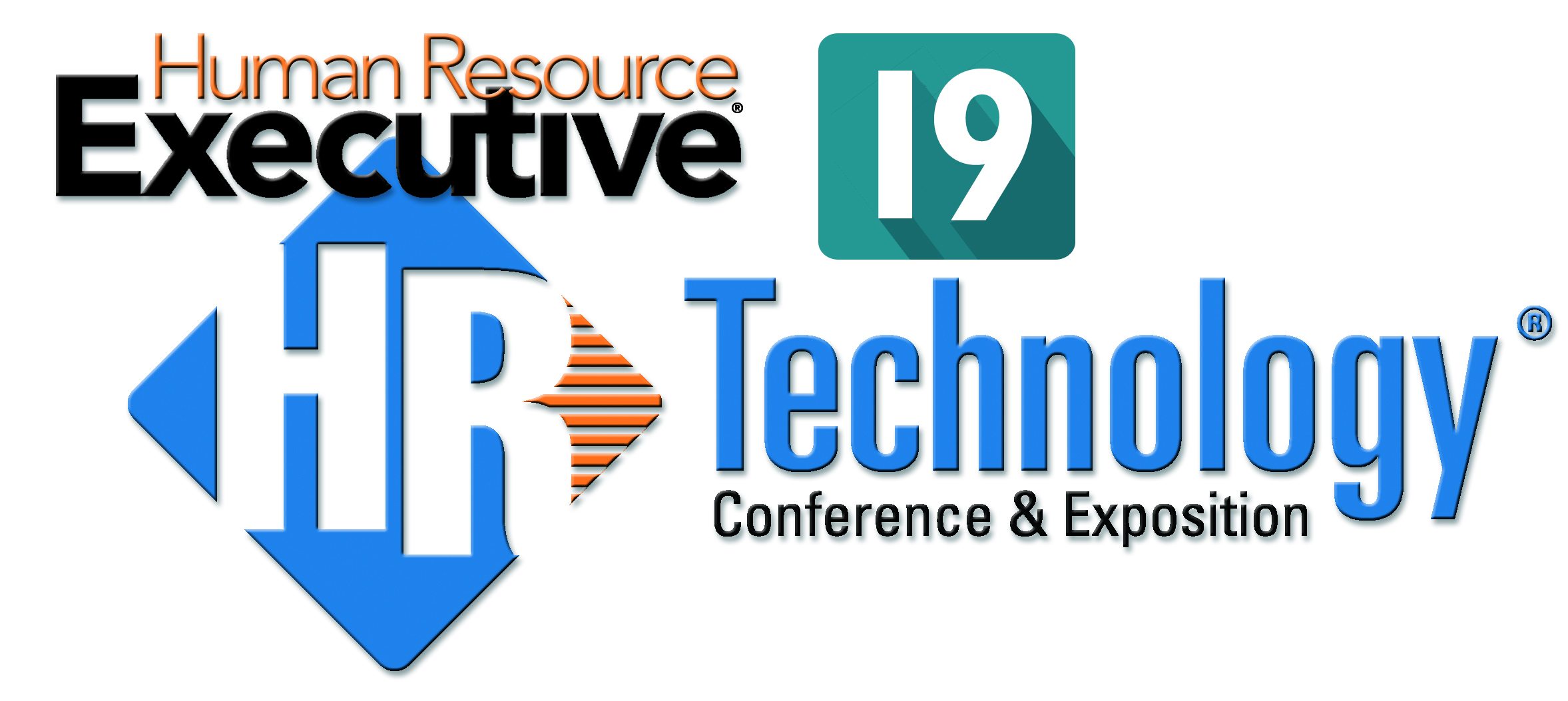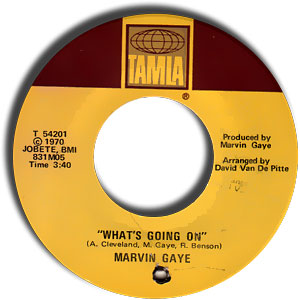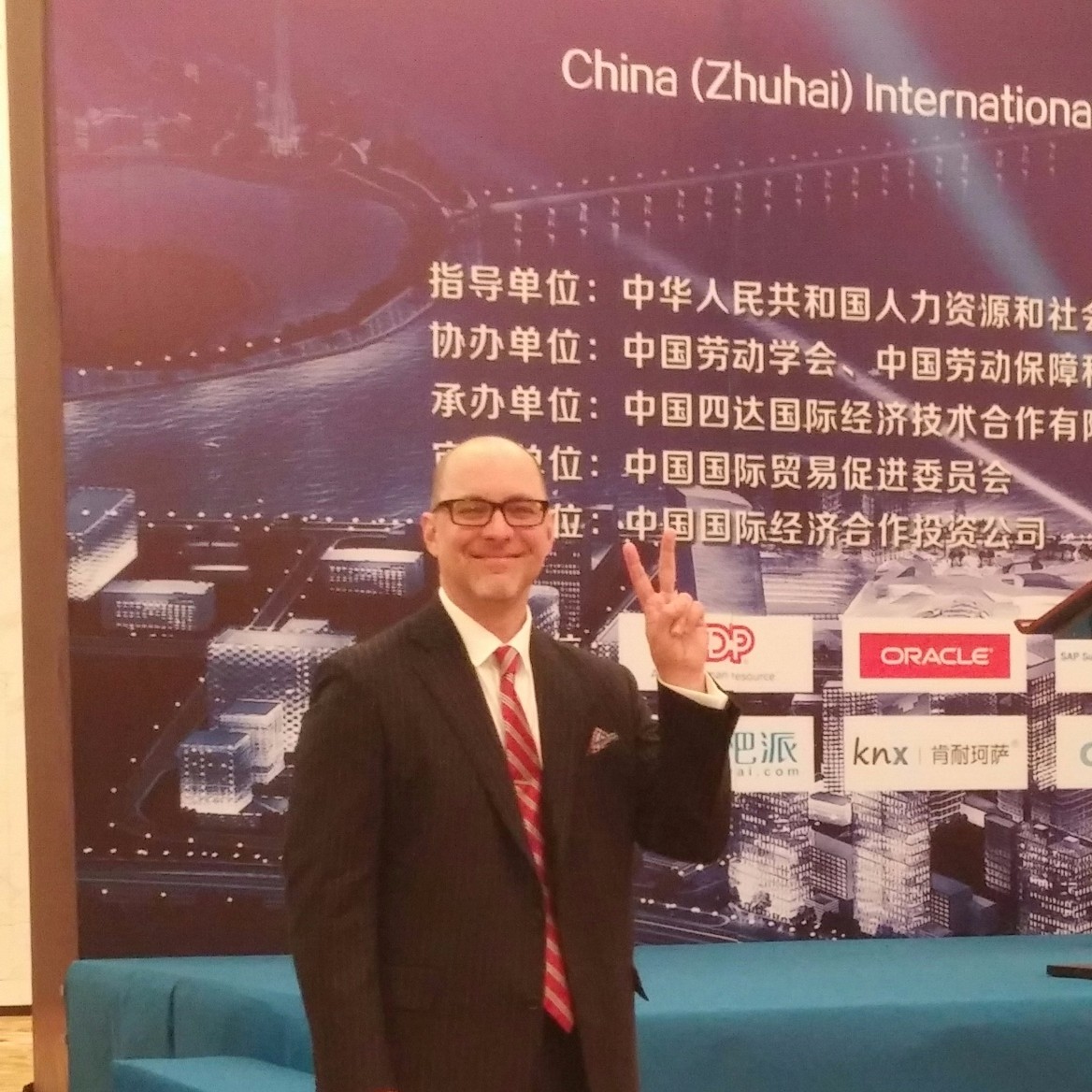I was at the Globoforce WorkHuman Conference earlier in the week, and one of the more interesting aspects of this conference from the many that I attend in the course of the year is Globoforce's willingness to showcase speakers and topics that are not necessarily 'on the nose' with their specific set of technologies and solutions.
Most conference, especially vendor user conferences, tend to be super-focused on product - what's happening with the product, what new features are being developed, which companies are adopting the product, how can you learn to use the product better - you get the idea. And that makes perfect sense for vendor user conferences since the one unifying element that generally is the purpose and the binder for the event itself is the actual product. No products, no users, no user conferences. Pretty simple.
And while there was certainly some of that product related content at the Globoforce event, it did not seem at all like the primary reason for the event, and the driver for most attendees to take the time to be there. Globoforce and the community of folks at the event did (mostly) seem to be there for a more general, conceptual, and different reason - the idea of making work more 'human.'
What can make, or should make work more 'human' is at the same time a simple and kind of complex topic, (and not the same for everyone). I wrote about my ideas on this a couple of weeks back, so I won't go into them again here. But by making this non-product centric concept the central theme of your user conference, it frees up the organizers to make some interesting choices in terms of speakers and topics.
For me, one of the highlights of the event was a wide ranging Q and A session with the legendary actor Michael J. Fox. In the Q and A, Fox shared really openly and passionately several stories from his long acting career as well as his well-known and continuing battle with Parkinson's disease.
The conversation was full of gems, (like Fox lost out to Matthew Broderick for the lead role in one of my favorite films, 'War Games'), but the below quote, (which I tweeted of course, because that is what you do), was for me the idea that I am pretty sure I won't soon (if ever) forget.
For some context, Fox was asked about if was ever scared or afraid of his condition and the ongoing battle with Parkinson's when he made the observation about fear - his lack of fear and the fear he senses others see when they talk with him about his condition.
This observation also reminded me of my single favorite Star Wars quote. Yes it is from Yoda, and no it's not the worn out 'There is no try' line.
The one I am thinking of is from The Empire Strikes Back from the part of the film when Luke is on Dagobah to train with Yoda and learn about the Force.
Here's the setup and the line from Yoda (thanks IMBD).
Luke: There's something not right here... I feel cold. Death.
Yoda: [points to a cave opening beneath a large tree] That place... is strong with the dark side of the Force. A domain of evil it is. In you must go.
Luke: What's in there?
Yoda: Only what you take with you.
The 'fear' Michael J. Fox talked about was our fear, not his.
The 'evil' in the dark side cave wasn't really in there, rather it is carried in there by the seeker him or herself.
I think we often forget that most of our fears are within us. Not a product of some scary, external circumstance.
We choose what we see. We choose what we carry with us into that cave.
And what is really remarkable that what led me to think about these things for the last two days was something I heard at an HR conference.
Have a great weekend.


 Steve
Steve


